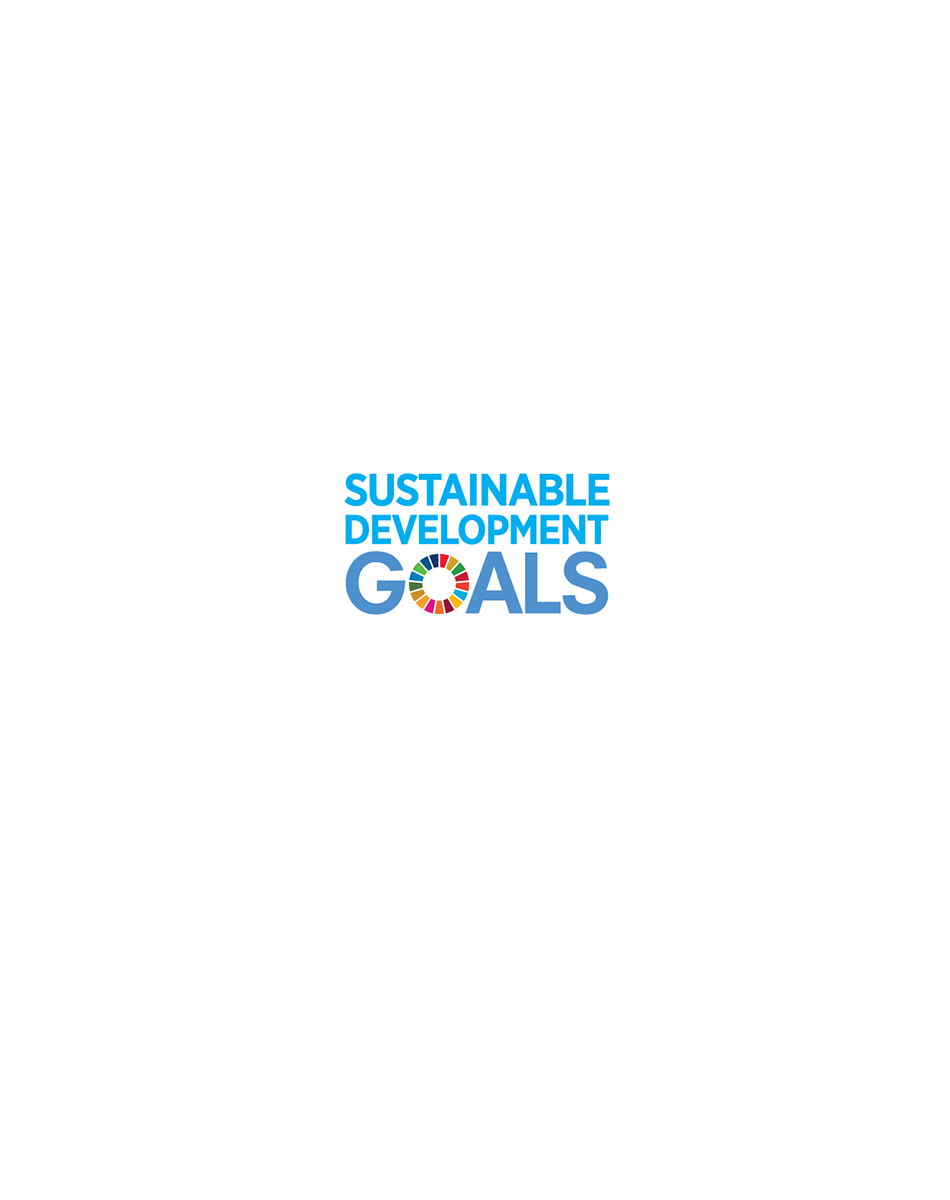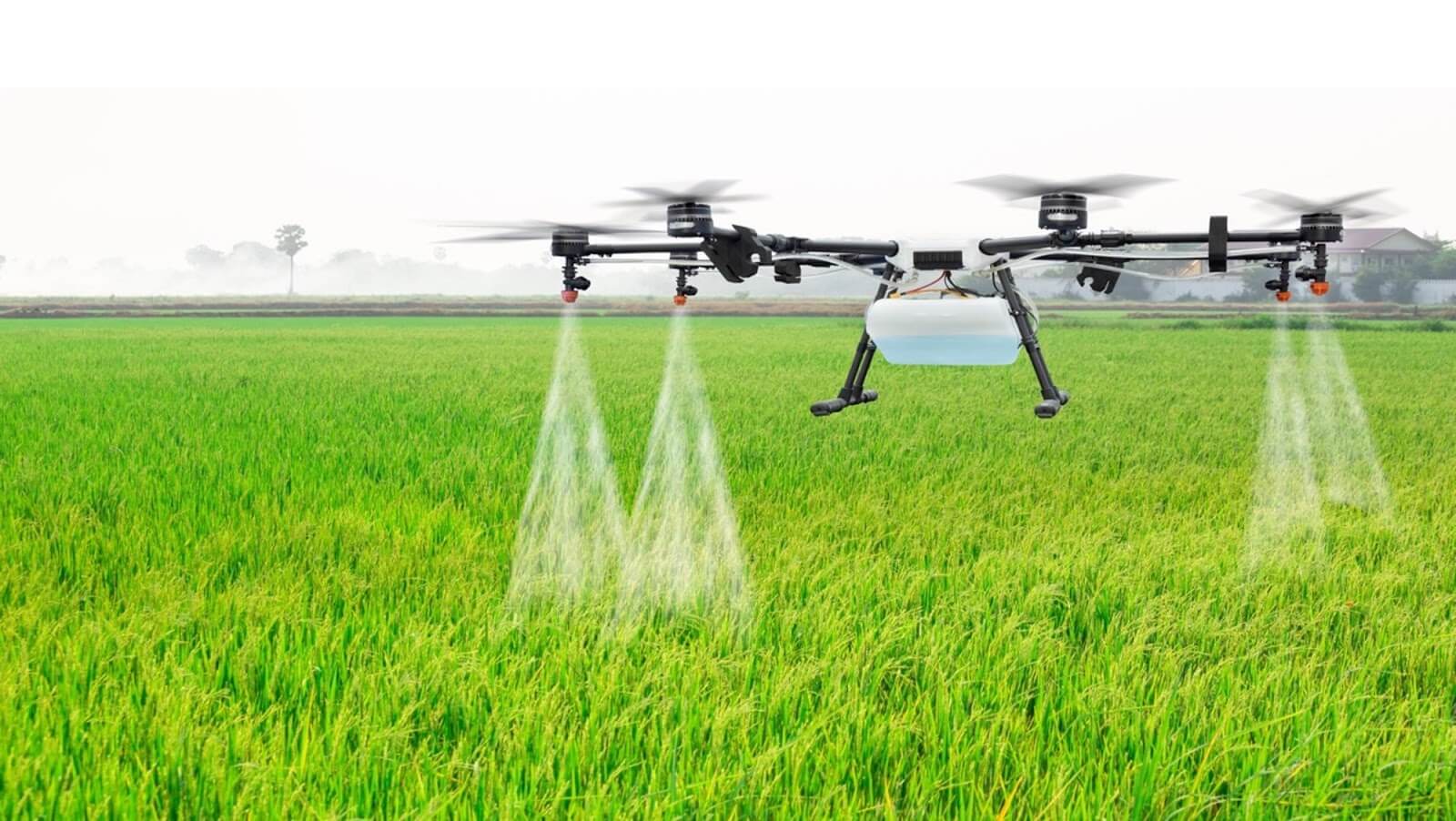
Aligning with the UN’s Sustainable Development Goals
ICL supports the Sustainable Development Goals and was among the first companies to incorporate SDGs in defining its material issues and reporting on its sustainability-related activities. In 2015 the United Nations updated its Millennium Goals to define a set of 17 Sustainable Development Goals (SDGs) to be shared by communities globally. In addition to the challenges related to the planetary boundaries, the SDGs include social challenges ranging from poverty to education and economic prosperity. The SDGs are intended to enable[...]







